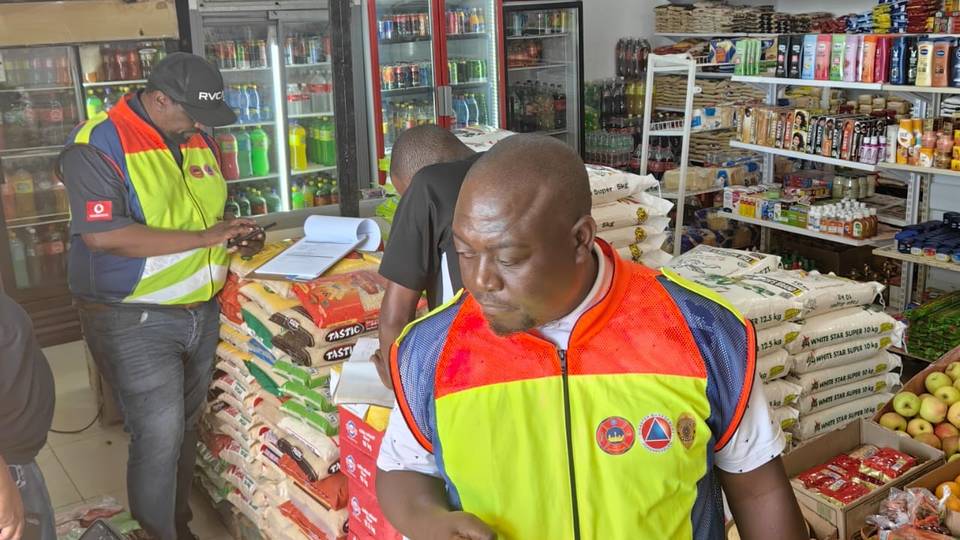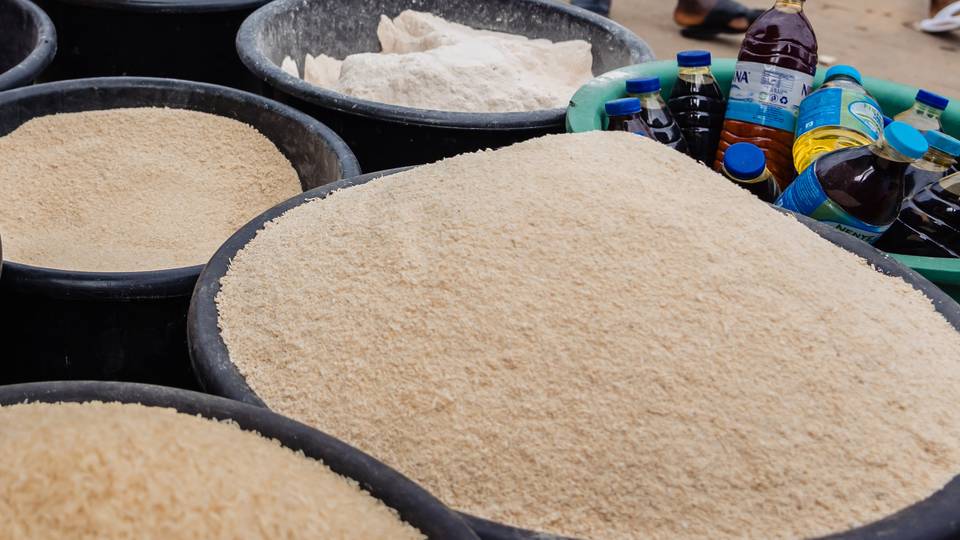Dollar
35,2208
0.06 %Euro
36,8336
0.19 %Gram Gold
2.979,7900
0.38 %Quarter Gold
4.938,1500
0.00 %Silver
33,7200
0.84 %The registration extension has raised concerns for mostly communities where deaths of children were recorded after allegedly consuming contaminated food.

Mixed reactions trailed the announcement by the South African government to extend the registration of spaza shops in the country in response to the deadly food poisoning incidents that claimed the lives of dozens of children.
On Wednesday, Cooperative Governance and Traditional Affairs (COGTA) Minister Velenkosini Hlabisa announced the registration, which should have expired on Tuesday, December 17, had been extended to February 28, 2025, following registration delays.
President Cyril Ramaphosa gave the registration order in November as a decisive measure to address the recurring food-borne illnesses that claimed the lives of at least 22 children across the country.
Prior to the extension, spaza owners had reported a difficult registration process, citing bureaucratic hurdles within municipalities as a major challenge, state broadcaster SABC reports.
'Not practical'
South Africa’s Black Business Council (BBC) on Thursday welcomed the extended deadline for spaza shop registration, stating that the previous deadline was not practical.
Council CEO Kganki Matabane told state broadcaster SABC, “We always knew that the 17th of December deadline was never necessarily going to be practical, but as you know, you have to put pressure on the system. So we welcome that … we agreed with the government that it must be tight so that each and every person can feel the pressure.”
But the registration extension has raised concerns for mostly communities where deaths of children were recorded after allegedly consuming snacks bought from spaza shops.
Most foreign-owned spaza shops have been accused of being the culprits behind the sale of expired food items that led to the fatal foodborne illnesses.
Shop attacks
In November, foreign-owned spaza shops across the Mangaung municipality were attacked and looted after 47 students from a primary school were rushed to the hospital after allegedly consuming expired biscuits and chocolates.
Gauteng Spaza Shop and Landlord Forum Chairperson Veli Khumalo told SABC on Wednesday they will continue to work to make sure illegal immigrants do not operate spaza shops as the deadline wait continues.
“All these undocumented won’t own a spaza shop. We will make sure they go, they don’t qualify. But the documented who got asylum seekers (status), we will help them to register their shops as the person in the sale,” Khumalo said.
The extended registration deadline has also generated many reactions on social media.
“There should be no asylum or refugee operating spaza shops. Many of the migrants with asylum or refugee claims in RSA are illegal migrants,” wrote a commentator on X.
Supporting businesses
South African authorities in a statement on Wednesday say they understand the concerns of citizens but were forced to extend as there was a need to support small businesses.
“In considering whether or not to extend the registration deadline, the government considers its commitment to supporting small businesses, prioritising health and safety, ensuring inclusivity and fairness, and maintaining its integrity,” the statement read.
But will simply registering a spaza shop solve the problem of foodborne illnesses? some commentators do not think so.
“Department of Health should inspect these shops regularly, and if they are not selling the right products, they must close them down without any hesitation!” wrote another commentator of X. South Africa emphasises this will be the case.
“Those who have registered their businesses and have duly received their acknowledgement of registration still need to undertake a further process to obtain their trading licenses. For this process, Environmental Health Practitioners and other regulatory authorities will still inspect owners of registered food-related trading businesses to ensure that their businesses are eligible to trade,” the statement adds.
➤Click here to follow our WhatsApp channel for more stories.




















Comment